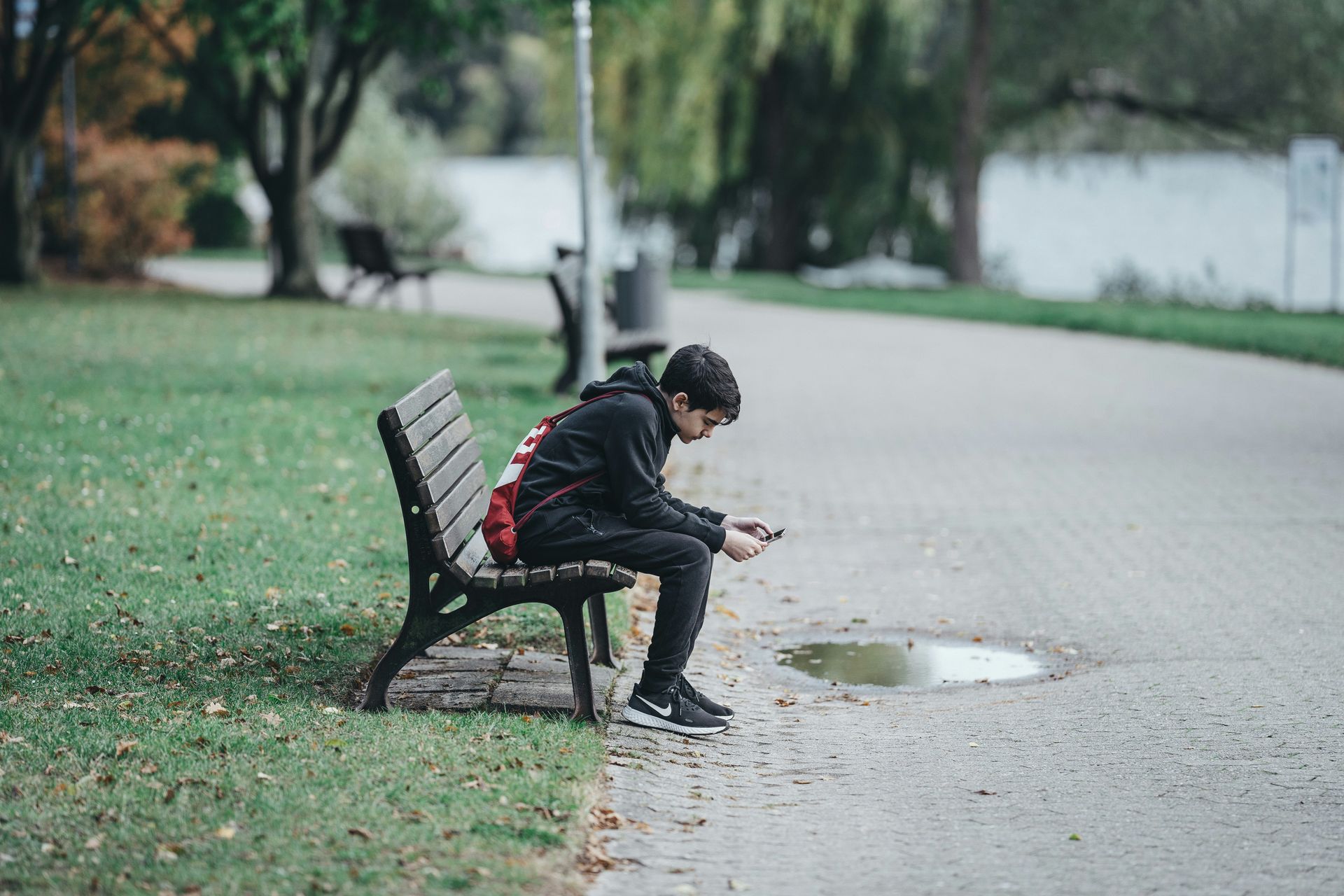The Benefits of Mindfulness
Regain Your Control Through Mindfulness

Today we live in a world that is constantly on-the-go, always focused on the next thing, and because of this we can miss out on the world around us. Mindfulness can help us become aware of our thoughts as to not get lost in them. It also guides us back into the present, which can be beneficial to our mental health.
Being mindful can help by reducing our anxiety and depression. Since it has been shown that thoughts of anxiety are linked to worry about the future and thoughts of depression can stem from past memories; getting back to the present moment can break you out of that cycle and regain control. When practicing mindfulness you connect more deeply with your thoughts, especially the ones you avoid, allowing you to analyze them and then direct them in a way that is benifical and not detrimental for yourself.
This skill also helps with anything that triggers your response system; from everyday stressors to panic attacks. When your response system is triggered it usually sends your body into "Fight or Flight" mode which can create a racing heart, rapid breathing, thoughts of impending doom or other physical sensations. These feelings usually don't feel very good and throw us off our game, but having a way to combat them is important. Mindfulness teaches and allows your body to enter a state of relaxation, and return you to your normal state.
Mindfulness can also help with impulse control. Some people with a lack of impulse control will engage in things like binge eating, substance use, over spending, and compulsive sexual behavior, just to name a few. Most of the time when dealing with impulses it feels like you have no power over your choices or like you are on autopilot. These impulses usually originate in your mind and thoughts and by being able to connect with those thoughts you can slowly start to understand where they are rooted. Even if it doesn't immediately allow you to stop the impulse by being proactive it can help curb the feelings of guilt and shame that go with the act. It's like being a spy and gathering info on the enemy.
Trauma is another aspect that mindfulness can be a crucial healing tool. Trauma is known to send your body into the "Fight or Flight" mode most of the time without you even being aware as to why. Consistently being aware of your thoughts especially during triggering moments is a huge asset to discovering your specific triggers. Sometimes with trauma you don't know its exact origin, but by being mindful of your thoughts and actions you can start to discover more about your self and dive deeper into your subconscious. Once you do discover your tiggers mindfulness can by utilized in a different way, by training your body to recognize and create a safe place for yourself. Mindfulness gives the ability to self sooth in moments of distress and recondition your body to feel safe in those triggering moments.
Overall being mindful is a great tool for self improvement, as illustrated with only a handful of examples. It allows you to experience each moment more fully and gives grounding when facing tough situations.











